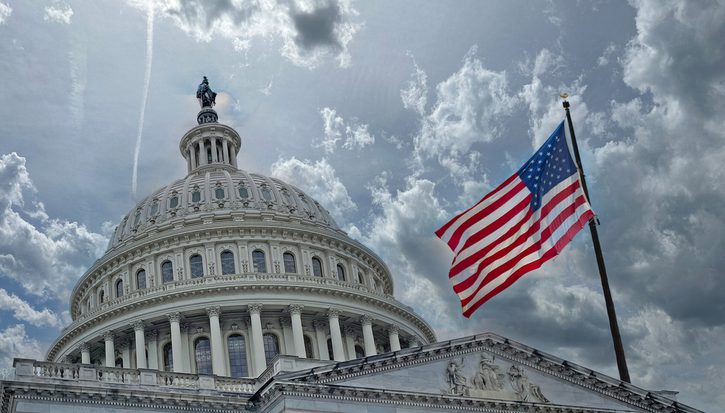Creating a digital commons
Article
It is the combination of this near-ubiquitous gathering of data with fast processing that has generated the economic and social transformation of the last few years – one that, if current developments in artificial intelligence (AI) continue, is only likely to accelerate. Combined with data-enabled technology, from the internet of things to 3D printing, we are potentially on the cusp of a radically different economy and society.
As the world emerges from the first phase of the pandemic, the demands for a socially just and sustainable recovery have grown. The data economy can and should be an essential part of that reconstruction, from the efficient management of energy systems to providing greater flexibility in working time. However, without effective public policy, and democratic oversight and management, the danger is that the tendencies in the data economy that we have already seen towards monopoly and opacity – reinforced, so far, by the crisis – will continue to dominate. It is essential, then, that planning for a fairer, more sustainable economy in the future build in active public policy for data.
Read the accompanying blog on Covid-19 and the case for a digital commons here.
This report focusses closely on data as the fundamental building block of the emerging economy, and argues that its use, management, ownership, and control as critical to shaping the future.
Related items

Heart of the matter: Cardiovascular inequalities in Northern Ireland
This second blog in our series on inequalities in cardiovascular disease in the devolved nations focusses on Northern Ireland.
Prophet, spoiler, or free rider?: The United States and climate change
Global climate action sits firmly in the crosshairs of the Trump administration.
Resilient by design: Building secure clean energy supply chains
The UK must become more resilient to succeed in a more turbulent world.